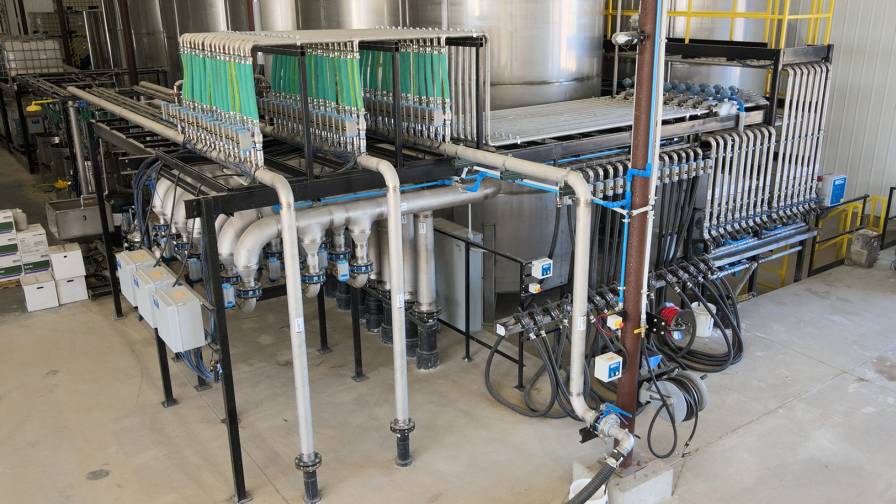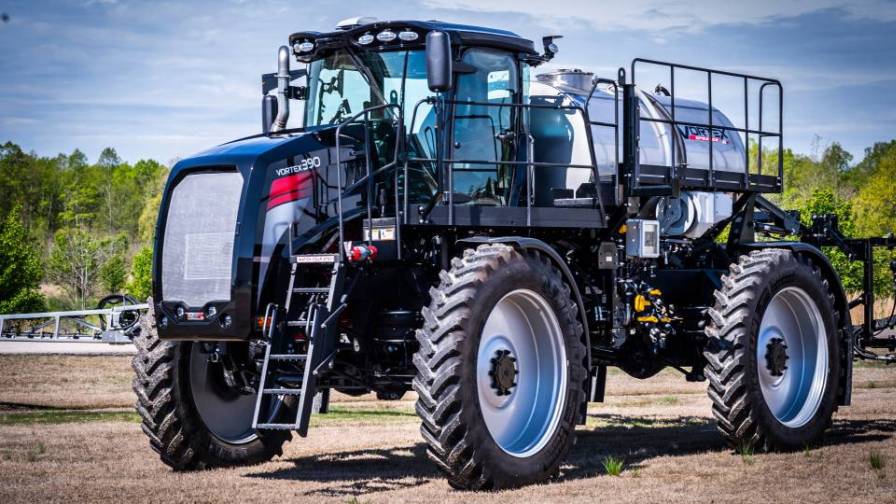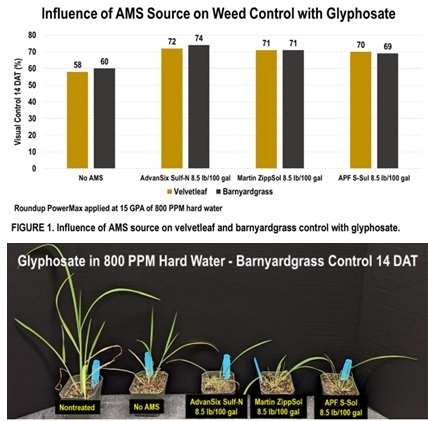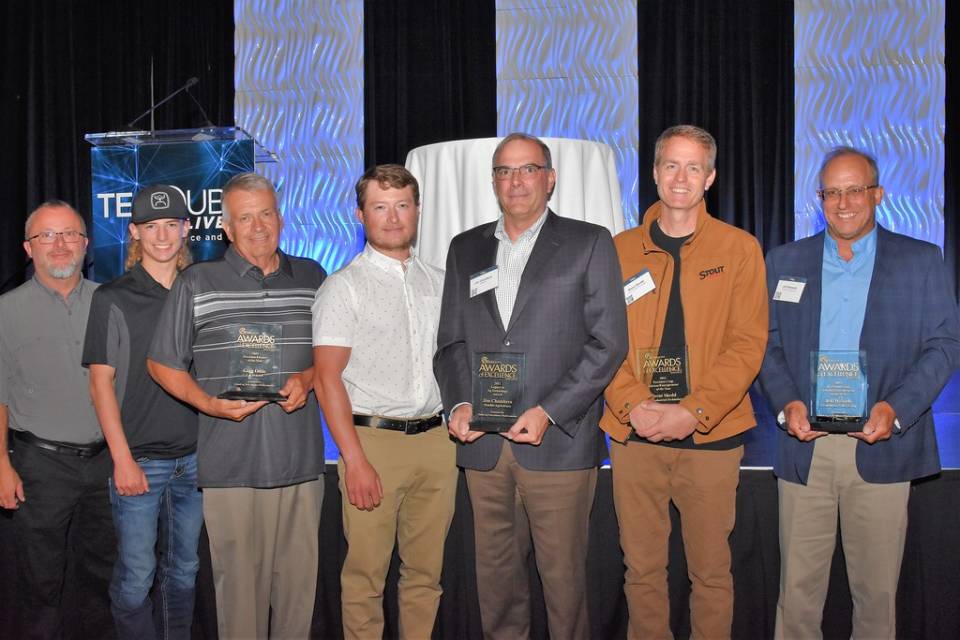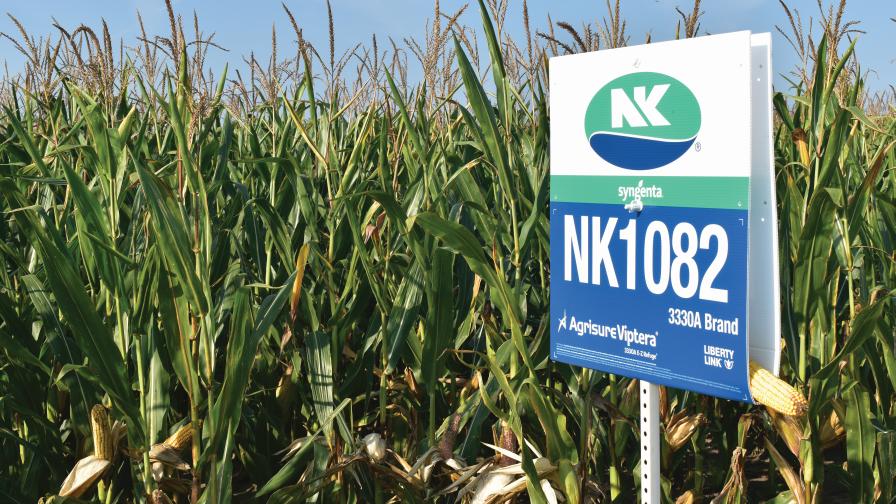Seed Companies Anticipate a Resilient New Year
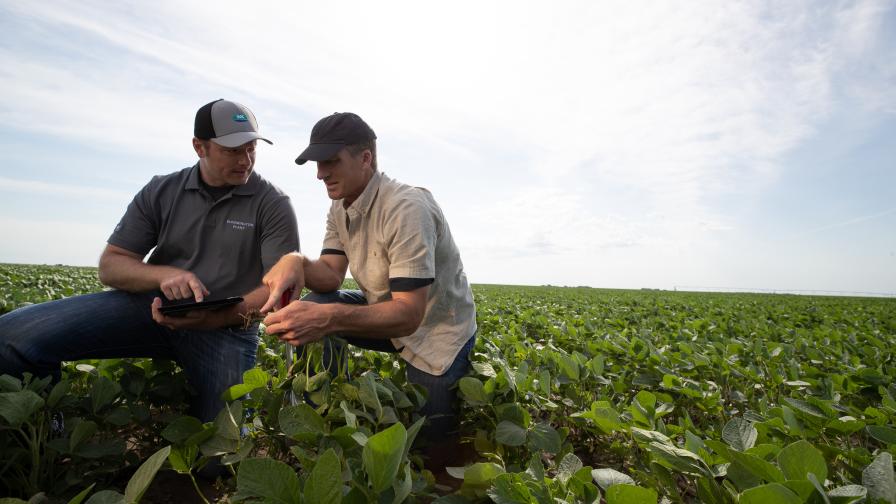
After much volatility in 2019, the seed industry and its customers seek stability. Photo courtesy of Syngenta.
The seed industry, having been pared in recent years to a Big Four, had expected 2019 to revolve around post-merger stability. Instead, as with most of agriculture, bad weather and trade issues took precedence and may continue to do so into the new year.
“The trade wars and extreme weather took quite a toll on the commodity markets, especially in the U.S. and Canada,” says Rick Turner, Senior Vice President, Seeds and Traits, BASF Agricultural Solutions. “Declining farm incomes and continued export market uncertainty are likely to be prominent in grower planting decisions ahead.”
Quinn Showalter, Head of Sales for NK Seeds at Syngenta, agrees on both counts.
“I think, as we all know, weather was a huge issue in 2019. Evolving weather patterns continue to create challenges for not just growers but also seed companies as we work to ensure reliability and quality,” Showalter says. “The other big story of the year came from the ongoing trade issues and the continued significant challenge their effect on commodity prices has meant for growers and the industry as a whole.”
Current State
In 2020 the regulatory process, Turner says, is in a state of flux. He cites the recent consolidation among seed companies, introduction of new chemistry and trait platforms, and new technologies that are changing the way seed companies handle breeding.
“Innovation in breeding tools is bringing new insights to breeding and brings significant opportunity for crop performance,” Turner says. “We’ve also seen the continuing shift in consumer attitudes, where more people want more transparency about where their food comes from and how it was grown. The combination of these dynamics brings uncertainty to the regulatory process, which is a barrier to innovation, particularly in technologies that have extensive regulatory processes and timelines.”
According to Showalter, the seed industry is in a “very dynamic and exciting spot right now, especially if you’re a brand that’s offering new technology. Growers are hungry for choice and to find new ways to maximize their ROI potential.”
Also enthusiastic entering the new year is Bayer Crop Science, according to J.D. Rossouw, the company’s Head of Plant Breeding, North America.
“Advances in breeding and other key technologies make this an exciting time for the seed industry and all of agriculture,” Rossouw says. “Farmers need innovation in the field now more than ever, and that includes seeds that help them manage challenging weather, growing conditions, and other pressures that are evolving all the time. So, to us, there’s never been a more important time in the seed industry, one with more promise and potential for the kind of disruptive innovation farmers and their trusted advisors need.”
Moving Forward
What issues are companies expecting to make headlines this year?
“Given this year’s conditions, I suspect that some seed companies will struggle with offering a quality seed supply of hybrids and varieties with the trait choices that growers are asking for,” Showalter says. “Thankfully, Syngenta and NK Seeds took a proactive approach this spring that is putting us in a very good supply position, so that we’ll be able to deliver what we believe growers and our retail partners want.”
Turner is “hopeful” that trade will normalize, and commodity prices will improve. “But the uncertainty in these areas will continue to draw attention,” he says. “I think we will also continue to see weather events and weather volatility playing a significant role in decision making. Growers are telling us that they need even more resilient varieties to ensure yield and quality, and that’s something we’re focused on every day.”
Company News
BASF Agricultural Solutions: Last year marked the debut of BASF’s Seeds and Traits business. “Our teams worked extremely hard to ensure a seamless transition for our customers,” Turner says. Two global brands, Invigor canola and Credenz soybeans, will boast new developments in 2020, including next-generation Invigor varieties, Turner says. BASF sees growth in its Fibermax and Stoneville cotton brands, courtesy of the e3 cotton sustainability program, new varieties, and the flexibility of multiple trait packages. “The e3 sustainability program has really taken off in the last few months as clothing and other textile manufacturers recognize that there is consumer demand for sustainably grown cotton,” Turner says. The company partners with Louisiana-based Vidalia Mills, which is using e3 cotton exclusively, and recently signed an agreement with a mill in China that will further strengthen that market. “e3 cotton provides a nice premium for growers, and we see it as a differentiator for BASF,” Turner says.
NK Seeds at Syngenta: “We’re feeling really good going into 2020, having grown market share for two consecutive years,” Showalter says. Growers who chose to plant more NK hybrids and varieties in 2019 were rewarded, he says, with strong performance, driven by high-yielding genetics. Looking to the upcoming season, demand will continue to be strong, Showalter says. NK Seeds is offering 68 new soybean varieties for 2020, including the industry’s broadest choice of herbicide traits, including not just its lineup of Roundup Ready 2 Xtend varieties but also a broad selection of Enlist E3 soybeans. Meanwhile, the reinvigorated NK corn portfolio — supported by innovative Agrisure traits and technologies, such as Enogen corn — is creating a lot of excitement, Showalter says, with 17 new hybrids for 2020.

